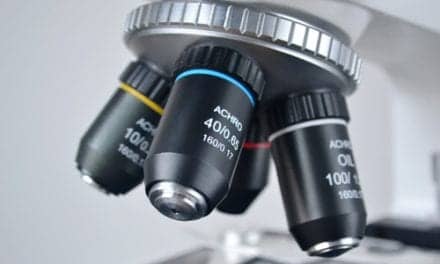A resistance-exercise training program can improve muscle strength in children with cystic fibrosis (CF) who have mild to moderate pulmonary impairment, a study recently published in Respiratory Medicine found.
Conducted at a tertiary children’s hospital in Madrid, Spain, the randomized controlled trial (ClinicalTrials.gov Identifier: NCT04153669) recruited children with cystic fibrosis between 6 and 17 years of age. Participants were assigned randomly to 3 groups: control, exercise, or exercise plus neuromuscular electrical stimulation (NMES). They were assessed at baseline and at the end of an individualized exercise program consisting of 60-minute sessions held 3 days per week for 8 weeks. The trial lasted from January 2019 to March 2020.
In the 2 exercise groups, a sequence of 6 resistance exercises was performed, including bench press, leg extension, leg press, leg curl, seated row, and chest pull. In the exercise plus NMES group, NMES was applied to the quadriceps and the interscapular region at the same time as the exercises. The primary outcome measure was modification in peripheral muscle strength in children with cystic fibrosis. Secondary outcomes were changes in lung function, cardiorespiratory fitness, functional capacity, and quality of life.
A total of 27 patients with an average age of 12.6 (±3.0 years) were analyzed. No significant changes in aerobic fitness were observed, but functional capacity improved significantly in both exercise groups as demonstrated by the 10-meter Timed Up and Go (TUG) and Timed Up and Down Stairs (TUDS) tests. The researchers saw no significant changes in quality of life and lung function in the 2 exercise groups. In muscle strength, however, the exercise and exercise plus NMES cohorts showed sizeable effects and significant differences, compared with the control group, for the quadriceps (P =.004, partial eta squared [η2p] = 0.401), pectoral muscles (P =.001, η2p = 0.487), dorsal muscles (P =.009, η2p = 0.333) and handgrip (P =.028, η2p = 0.278). These findings are important because muscle function has been shown to be a key factor for improved clinical outcomes, say the researchers. No significant differences were found between the exercise and exercise plus NMES groups, however, indicating that NMES provided no additional positive effects.










